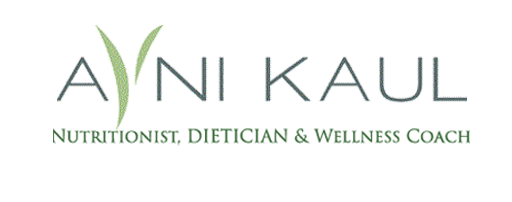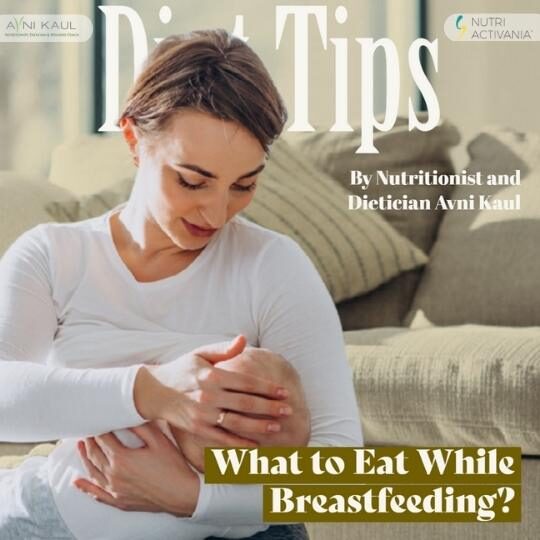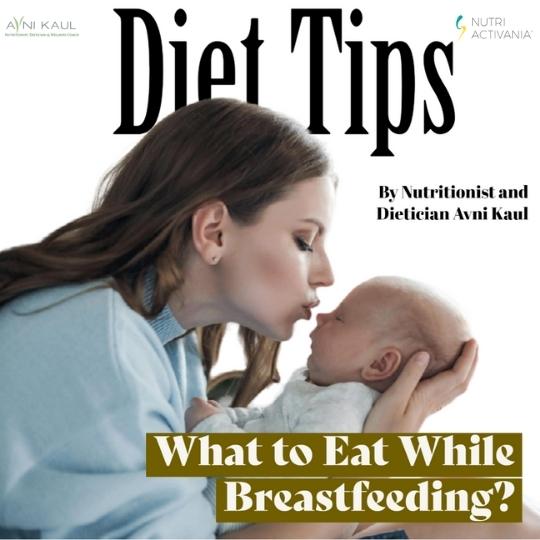Essential Daily Indian Diet for Every Breastfeeding Mother, Reveals Dietician Avni Kaul.
Here is some good news for nursing mothers: You do not have to follow a strict diet to produce nutrient-rich breast milk. But supplying your body with healthy, diverse foods is essential after giving birth.
Producing all that milk requires extra calories—in fact, breastfeeding mothers actually require a similar number of calories as they did while they were pregnant, around 330 to 400 extra daily calories. Also, it is important for your still-healing body to stay hydrated and well-nourished, says dietitian Avni. So continue to read to learn more about the best breastfeeding diet for mothers and babies as explained by Delhi’s top dietician for pregnancy and postpartum, Avni Kaul.
Nutrition while breastfeeding
There is not any “one size fits all” when it comes to a breastfeeding diet, but here are a few basic tips you can keep in mind when opting for nutrition while nursing.
Go for a balanced diet: It includes 5 basic food groups grains, fruits, vegetables, dairy, and protein.
Maintain a daily eating schedule: Nursing mothers need to follow and maintain a consistent eating schedule even if your routine is jam-packed.
Snack throughout the day: Keep on eating during regular intervals, to keep your energy levels optimum.
Things to eat for a breastfeeding diet
While eating a balanced meal should give you the basics for fueling your body to produce breast milk, same as during pregnancy, there are certain key nutrients you want to be certain you are getting during breastfeeding.
Folic acid
This mineral is important for preventing birth defects early during pregnancy, but it’s powers continue through your baby’s infancy by encouraging growth. Folic acid is also a friend to your heart. Aim for 500 micrograms every day—slightly less than the 600 micrograms you required during pregnancy. Try a fortified cereal. At dinner, have sautéed spinach, black-eyed peas, or asparagus on your plate.
Multivitamins
Speaking of folic acid, ensure you take a daily multivitamin to get this mineral, along with other nutrients you and your baby need. It will keep you from stressing about a less-than-stellar day of eating. If there is another baby in your future, switch back to a prenatal dose of folic acid when you begin trying to conceive or get that positive test. Talk to your doctor or a dietician.
Calcium
If you do not fill up on this mineral , your body will “rob” your own bones to ensure there is sufficient calcium in your breast milk to nourish your baby’s bones and nervous system. Begin with breakfast to hit your daily 1,000-mg goal: Pour skim milk over cereal, and you are on your way. Some other ways for heavy hitters: orange juice, cheese, yogurt, and broccoli. You may also, take a 500-milligram calcium supplement (half your daily requirement).
Stay hydrated
It is a myth that guzzling water improves your milk supply. But staying hydrated is essential to maintaining your supply, and preventing complications such as mastitis. Also, water helps your body recover from the physical stress of childbirth and provides you with more energy. Sip water every time you nurse or pump; you will know you are drinking enough if your urine is clear.
Omega-3 fatty acids
The more fish you eat, the more omega-3 fatty acids your breast milk will have, and that is crucial for the development of your infant’s eyes and brain. Eating these healthy fats is also good for you, keeping away heart disease and cancer.
A 170.97 grams salmon filet has an omega-3 punch, and it has low mercury. Tuna also has omega-3s, making it perfect for a breastfeeding diet. Not a fish lover? Then chew on a handful of walnuts, add flaxseed to oatmeal, and use omega-3-fortified eggs for your morning meal.
Lactation foods
While studies are mixed in India, herbs like methi seeds, jeera, dill (suva) and special preparations like gond laddu (edible gum), methi laddu, almond halwa, dried ginger (saunth) burfi, and recipes using bajra and green leafy vegetables are recommended for boosting milk production and improve lactation.





